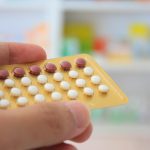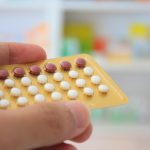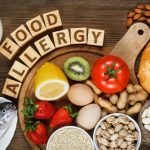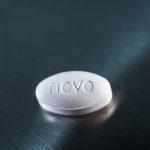
A “peanut patch” worn on the skin may help protect toddlers who have potentially life-threatening peanut allergies, a new clinical trial shows. The patch is a form of immunotherapy, which means it exposes peanut-allergic children to tiny bits of peanut protein over time — with the goal of training the immune system to better tolerate it. In the trial, researchers found that of toddlers who wore the peanut patch every day for a year, two-thirds showed a significant reduction in their sensitivity to peanut protein: They were able to eat the equivalent of one to four peanuts without suffering an allergic reaction. While that might sound like peanuts, experts said that level of tolerance is important. The goal of immunotherapy is to prevent a severe reaction should a child accidentally ingest a small amount of peanut, said Dr. Alkis Togias, of the U.S. National Institute of Allergy and Infectious Diseases. “This is a positive study,” said Togias, who wrote an editorial published with the findings on May 10 in the New England Journal of Medicine. The patch tested in the trial, called Viaskin, is being developed by French biotech company DVB Technologies, which funded the research. It is not yet approved by the U.S. Food and Drug Administration. If it does win approval, Togias said, “I think that would only be a good thing.” An… read on > read on >





























-300x200.jpg)







-300x169.jpg)
